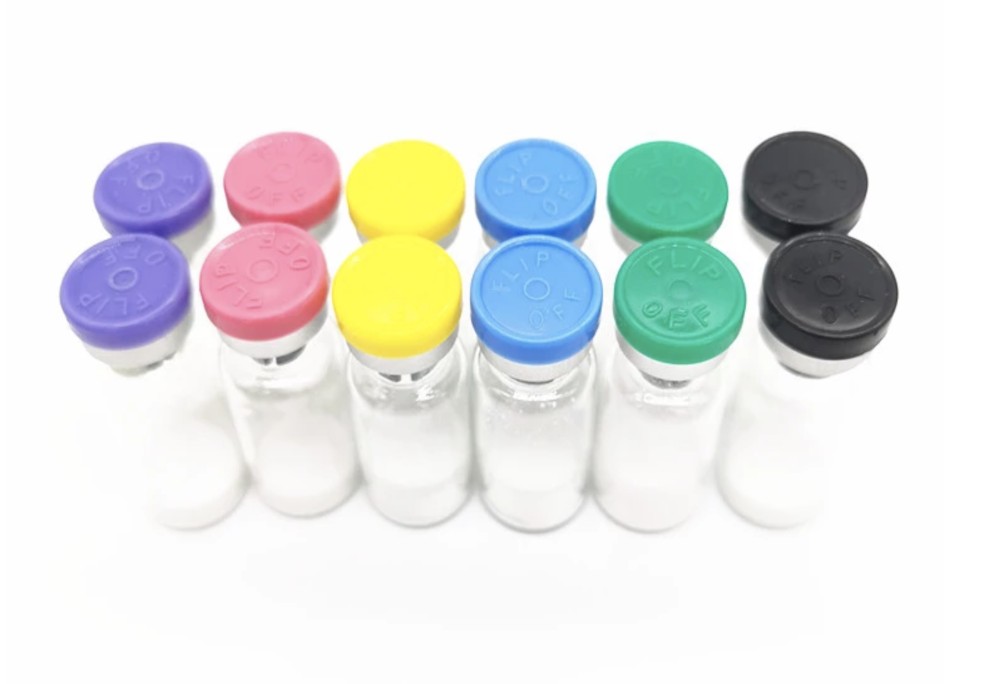Teduglutide is a glucagon-like peptide-2 (GLP-2) analogue. It is made up of 33 amino acids and is manufactured using a strain of Escherichia coli modified by recombinant DNA technology. Teduglutide differs from GLP-2 by one amino acid (alanine is substituted by glycine). The significance of this substitution is that teduglutide is longer acting than endogenous GLP-2 as it is more resistant to proteolysis from dipeptidyl peptidase-4. FDA approved on December 21, 2012.
Teduglutide is an analog of naturally occurring human glucagon-like peptide-2 (GLP-2), a peptide secreted by L-cells of the distal intestine in response to meals. GLP-2 increases intestinal and portal blood flow and inhibit gastric acid secretion. Teduglutide binds to the glucagon-like peptide-2 receptors located in enteroendocrine cells, subepithelial myofibroblasts and enteric neurons of the submucosal and myenteric plexus. This causes the release of insulin-like growth factor (IGF)-1, nitric oxide and keratinocyte growth factor (KGF). These growth factors may contribute to the increase in crypt cell growth and surface area of the gastric mucosa. Por último, absorption through the intestine is enhanced.






















